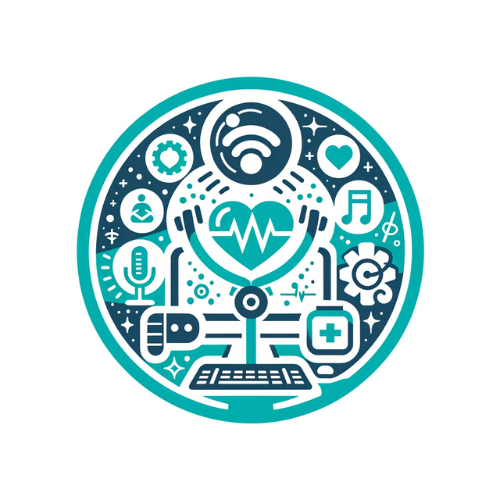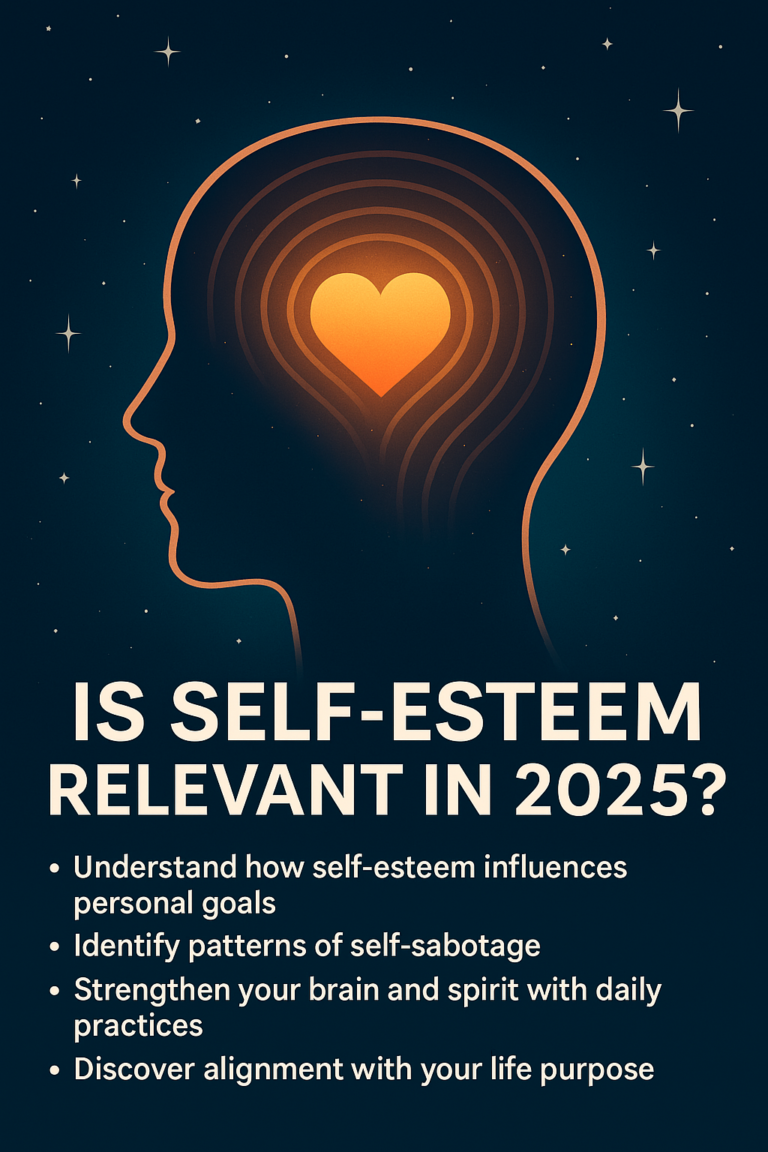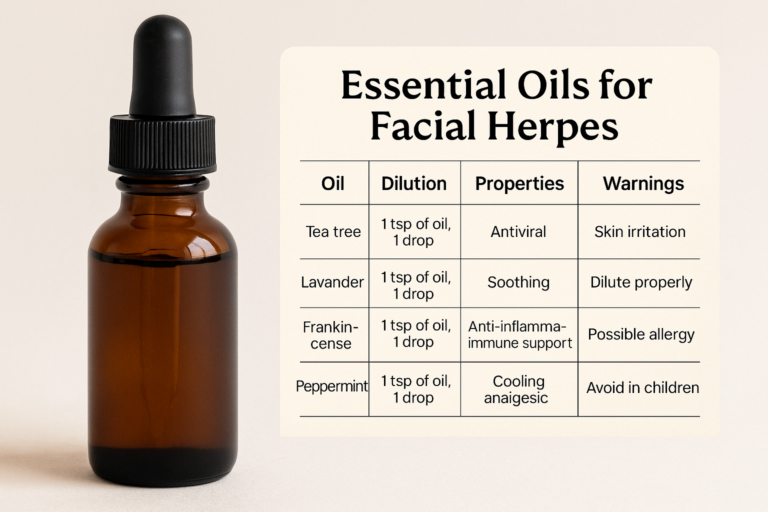Call us now:
USA News: Discover Top Eco-Friendly Period Products for Enhanced Brain Health in 2025
Table of Contents
Welcome to the USA news section, today we want to talk about eco-friendly period products and their surprising connection to brain health.
In the United States, more people are examining how their daily choices—especially those related to health and sustainability—impact their overall well-being.
One area drawing increasing attention is the shift towards eco-friendly period products.
From menstrual cups and washable pads to period underwear and reusable tampon applicators, sustainable menstrual care is gradually moving into the mainstream.
But beyond the environmental advantages, these greener options may also hold benefits for mental and emotional health—a vital consideration as we move into 2025.
In this article, we’ll connect the facts from a recent piece titled “What Period Products Are Best for the Environment?,” published on December 30, 2024, with the broader topic of brain health and holistic wellness.
You’ll learn how eco-friendly period products can influence psychological well-being, reduce anxiety, and even play a part in strategic planning for stress management.
Whether you’re exploring menstrual cups for the first time or already use period underwear, understanding the mental health dimension behind these choices can help you lead a more balanced life.
1. The Rise of Eco-Friendly Period Products in the USA
According to recent coverage by The New York Times (cited in the original article), the environmental toll of single-use pads and tampons has become increasingly apparent.
Traditional products often contain layers of plastic, synthetic absorbents, and bleaching agents that contribute to landfills, environmental pollution, and, potentially, our own toxic exposure.
Experts like Pippa Notten, a sustainability consultant, point out that menstrual cups come out as the “clear winner” in terms of minimizing waste and resource consumption.
Research indicates these cups not only break even in terms of environmental cost within a couple of menstrual cycles, but also reduce chemical additives.
Period underwear and cloth pads represent compelling alternatives for those who find cups uncomfortable or unfeasible.
Meanwhile, single-use items with minimal plastic or without plastic applicators can still lower your carbon footprint compared to conventional disposable options.
What’s less discussed, but equally critical, is how these more natural choices might influence the brain—minimizing stress, boosting mood, and helping to maintain emotional stability during what can already be a challenging time each month.
2. Why Brain Health Is Connected to Menstrual Care
When we think of menstruation, many of us focus on the physical symptoms: cramps, bloating, or fatigue.
However, the psychological aspects of the menstrual cycle are often just as significant.
The Centers for Disease Control and Prevention (CDC) highlights that up to 40% of women in the U.S. experience heightened anxiety or mood fluctuations around their period.
Hormonal changes can intensify stress, and the daily discomfort of using synthetic or potentially irritating products can amplify that burden.
Consider how a cycle of anxiety can develop:
- Chemicals and irritants: Traditional pads and tampons may contain additives that can exacerbate sensitivity or cause discomfort, leading to emotional tension.
- Environmental guilt: Growing eco-awareness in 2025 means more consumers experience stress over excessive waste, driving them to search for greener alternatives.
- Physical irritation: When products cause chafing or dryness, it can affect your daily mood and stress levels, inadvertently influencing the body’s stress response.
By swapping to eco-friendly products, individuals potentially remove one layer of stress—reducing exposure to chemicals, lowering environmental remorse, and ensuring greater comfort.
This alone can make a difference in your mental and emotional well-being.
3. How Can I Avoid Anxiety During My Period?
Menstrual cycles can be an especially vulnerable time for many women.
Questions often arise about how to stay calm and avoid anxiety when hormones fluctuate and daily routines are disrupted.
Below are some evidence-based approaches:
- Adopt Eco-Friendly Choices: Using menstrual cups, period underwear, or organic cotton pads can reduce chemical exposure. Feeling “cleaner” and more in control can counteract rising anxiety levels.
- Track Your Cycle: Using apps to monitor your cycle can help you anticipate mood shifts and schedule stress management or self-care activities proactively.
- Practice Mindfulness and Meditation: Set aside 5-10 minutes daily to focus on your breath and bodily sensations, fortifying the mind against emotional swings.
- Stay Hydrated: Adequate water intake helps reduce bloating and fatigue, two contributors to irritability and stress.
These small but strategic steps can align with your cycle to minimize negative emotional impacts, paving the way for better mental stability.
4. What Is the Best Way to Manage Stress Associated with Menstruation?
A person’s stress management toolkit is particularly crucial during menstruation, when hormonal imbalances might heighten emotional reactivity.
Consider these practical tools:
- Regular Exercise: Engaging in low-impact activities—yoga, swimming, or brisk walks—can alleviate cramps and stabilize mood by releasing endorphins.
- Meditation: Consistently practicing meditation can strengthen the prefrontal cortex, a region associated with planning and emotional regulation, while decreasing amygdala activity, which governs fear and anxiety.
- Stay Connected: Loneliness or isolation can exacerbate mood swings. Reach out to friends, family, or online communities that understand your menstrual challenges.
- Focus on Balanced Nutrition: Eating whole foods and avoiding high-sugar or excessively salty snacks can curb inflammation and reduce irritability.
These measures, though straightforward, can significantly enrich your day-to-day experience, fostering emotional resilience even when hormones are in flux.
5. Eco-Friendly Products, Stress Reduction, and Personal Branding
You might be wondering: “How do eco-friendly period products tie into personal branding or professional life?”
The answer lies in the emerging significance of conscious consumerism and wellness-oriented personal identity. In the United States, younger demographics place a premium on sustainability and mental health.
Demonstrating an alignment with these values can:
- Enhance Professional Image: As more workplaces emphasize holistic well-being, using greener personal care items can reflect your commitment to both self-care and environmental stewardship.
- Encourage Open Dialogue: Discussing healthier, more sustainable habits fosters conversation in social and professional circles, reducing stigma around menstruation and mental health.
- Improve Self-Confidence: Feeling proud of your choices—knowing they’re better for your body and the planet—can reduce stress and bolster self-esteem.
This synergy between mindful living and professional identity contributes to a strategic planning of life goals, integrating healthy self-care with longer-term personal and career objectives.
6. Building a Mindful Routine: Strategies for Holistic Well-Being
Practice Meditation
In the context of menstrual health, meditation is much more than a trendy buzzword—it’s a powerful practice that:
- Strengthens the prefrontal cortex: The seat of rational thinking and self-regulation.
- Decreases amygdala activity: Less emotional reactivity can lower your risk of stress overload.
- Improves attention and cognitive abilities: Helping you stay focused on day-to-day tasks, even during challenging times of the month.
Stay Physically Active
Engage in moderate exercise—like walking or dancing—to mitigate bloating, improve mood, and stabilize hormone levels.
Physical activity also enhances blood flow, which can reduce menstrual cramps and support brain function.
7. How Eco-Friendly Choices Improve Emotional Stability
Opting for menstrual cups or washable pads goes beyond being a mere environmental gesture.
When you’re free from concerns over chemicals, waste, or potential skin irritation, you remove a silent mental weight that might otherwise feed stress.
Consider how the following elements can bring emotional balance:
- Reduced Environmental Guilt: Less plastic consumption can alleviate eco-anxiety, aligning with a sense of freedom and social responsibility.
- Simplified Routine: Many reusables require fewer purchases, saving money and mental energy that you can channel into self-care.
- Empowered Mindset: Knowing you’re taking charge of your health fosters happiness and autonomy, key factors in mental well-being.
This approach aligns with a “love, freedom, and society” model of well-being, highlighting that every choice, from the personal to the public, influences collective mental health.
Redefining Period Products for a Healthier Mind and Body
As we inch closer to 2025, it’s evident that eco-friendly period products are not just an environmental statement but also a means to enhance brain health and emotional equilibrium.
By choosing menstrual cups, reusable pads, or period underwear, you may curb anxiety, lessen physical discomfort, and facilitate more mindful, strategic living.
Remember that your menstrual care is part of a larger puzzle of holistic well-being.
Activities such as regular meditation, balanced nutrition, and open communication with loved ones fortify your mind against monthly stressors.
Meanwhile, by aligning with sustainable products, you reduce environmental impact and nurture a positive self-image—a synergy that strengthens personal identity and stress management strategies.
If you’re feeling unsure about which period products or mental health practices best suit you, consult with brain health experts who can tailor advice to your unique needs.
Meditation remains a cornerstone of modern well-being, improving attention and cognitive abilities while strengthening the prefrontal cortex and decreasing amygdala activity.
Couple this practice with a healthy approach to menstrual care, and you have a powerful recipe for resilience and emotional balance.
breathe, heal, evolve
For ongoing insights into brain health and holistic living, subscribe to The Brain Care Podcast.
Lastly, don’t miss out on the latest breakthroughs in mental well-being—subscribe to our blog and stay updated on new ways to optimize your emotional health in 2025 and beyond.
Bibliography
1. Centers for Disease Control and Prevention (CDC). Mental Health Statistics and Women’s Health.
2. “What Period Products Are Best for the Environment?” New York Times Article, Dec. 30, 2024.
Link to the news article: What Period Products Are Best for the Environment?




Your article helped me a lot, is there any more related content? Thanks!